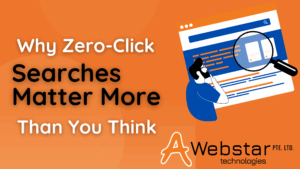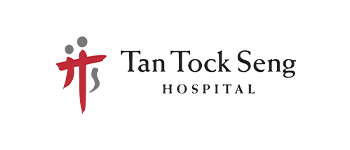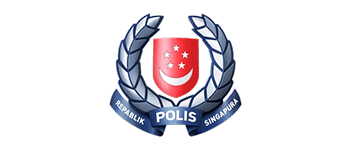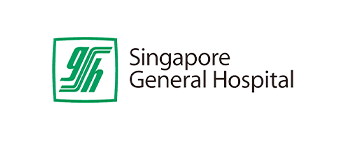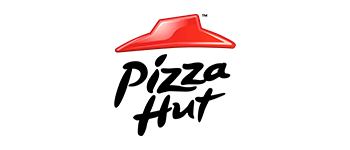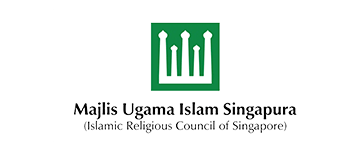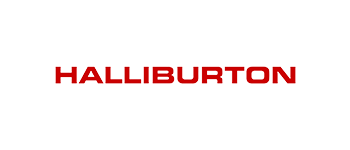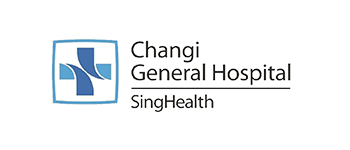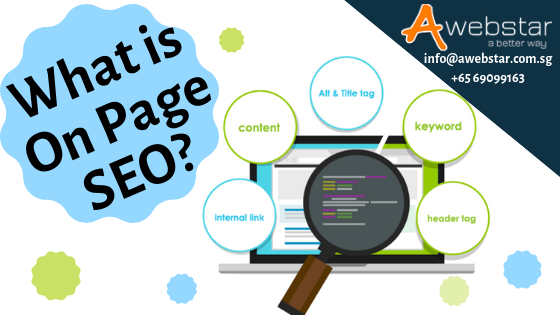
On-page SEO generally refers to factors that have an effect on your web page or website listing in the natural search results. You can control the factors or this can be done by the coding on your page.
If you do not know the basics, it becomes quite challenging to secure top positions for your competitive key phrases even when you have an excellent PR and outreach campaign and a fantastic link profile. Some of the factors that are relevant for both search engines and readers include:
Optimized URLs
This is a very important concept when it comes to on-page SEO as preference is still given to URLs that are keyword rich and this is not something that is bound to change anytime soon.
Some of the ideal practices you should take advantage of include: making sure that it is less than 100 characters in length, the words should be separated by dashes or hyphens, the URL should not include more than subdirectories and all E-commerce sites need to have product numbers or append tracking at the end of the URLs.
Google Authorship Integration
Google Authorship is one of the techniques that are used by Google to verify the authors of the content, establish a sense of how much authority and expertise need to be awarded to the author and curating content.
Author rank steps away from this and it implies that authors who make use of Google Authorship integrated gain “rank” or credibility based on publishing history.
For on-page SEO you can also benefit from Authorship Markup which normally results in the authors’ Google + profile image is displayed within the search results next to the search result. Studies have shown that this helps to draw the eye of the audience encouraging more clicks.
A Blog that has Incredible Content and is Constantly Updated
A few years ago, blogs were not necessary when it came to ways that companies can publish their content, grow an audience, build their brand and build authority in their niche.
Nowadays, however, they come in handy for on-page SEO and it is something that you should really think about if you want to succeed. Research has shown that you can benefit from more than 50% increase in Google organic search traffic simply by publishing a high-quality blog that offers invaluable insight and has custom images.
Heading Tags
Google uses the heading tags to decipher what your content is all about. For this to work out well for on-page SEO, you need to master how to use proper headings so as to enhance the reader experience.
Each page needs to have only 1 H1 tag. This is used to indicate the main topic of the page and it should also be the first element on the page. Often, the H1 tag becomes the title tag automatically depending on the custom SEO plugins that have been installed and the CMS software that you are using.
It is also important to break down your content using relevant headers as it helps Google to understand the progression of your content and readers are able to scan the content quickly.
Try and include keywords naturally in the header tags without forcing it in any way as the main aim here is to keep it helpful and natural.
Title Tags
This has consistently been one of the most vital ranking factors and it goes without saying that it should be included for on-page SEO. The title tag is usually the clickable text that normally appears on the search results.
You need to make sure that your title tag is enticing enough for people to want to click on it. This means that it should include your keyword placed in a strategic and natural manner. It helps to use the company name as part of the title tag on the home page.
For internal pages, it can be used at the end of the title as this helps with branding. Ideally, the title tag needs to be less than 65 characters. If you’re targeting local keywords, they should also be used here.
Bottom line is that your keywords and topic need to be identified clearly in your content, header, URLs and image tags. You also need to come up with top-notch content to have a good foundation of on-page SEO to ensure the best possible organic search rankings.

